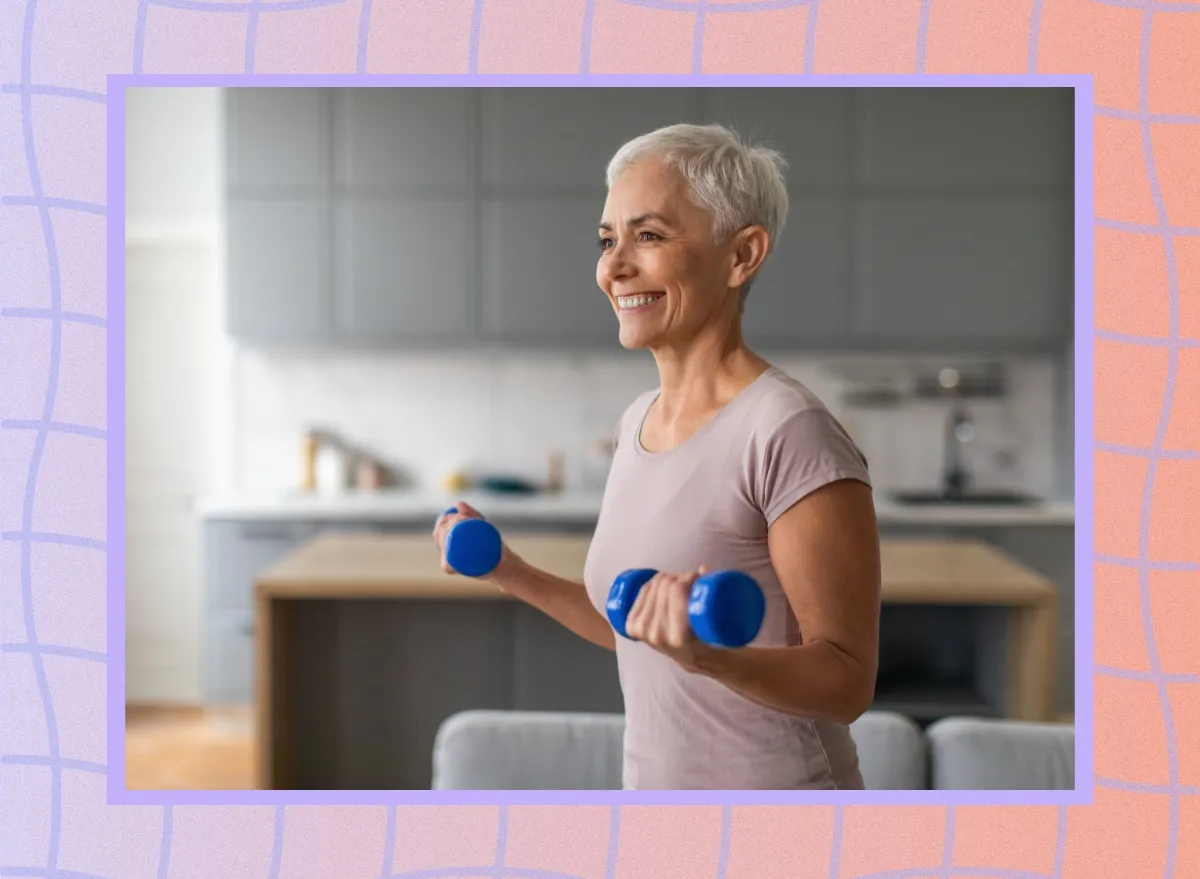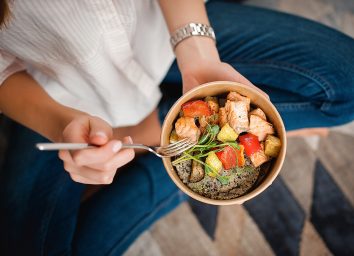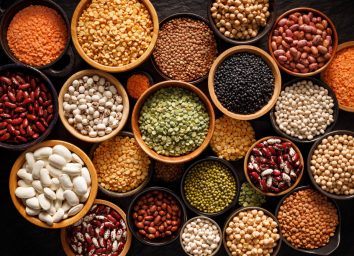The #1 Best Eating Habit From The World’s Longest Living People

If you compare the United States with other developed countries in the world, we fall very low in rankings on average lifespan and expectancy. We have extremely high cases of heart disease, stroke, cancer, and other deadly illnesses, and numbers don’t seem to be getting any better.
This is why many researchers have been focusing on the daily eating and lifestyle practices of healthier cultures across the globe. For instance, the Blue Zones are five regions in the world with the highest concentrations of people who live to be 100 years or older, and they have become a central focus in studying longevity and the secrets to living a healthier life.
One of the Blue Zone regions is Okinawa, Japan. If you were to talk with someone in the community of Okinawa, they would most likely tell you that their secrets to longevity have to do with a combination of purpose, community, and healthy eating.
More specifically, one of the daily eating practices they swear by as a central pillar of their health is following the 80/20 rule.
According to research published in the American Journal of Lifestyle Medicine, this means that the people of Okinawa eat only until they’re 80% full at every meal. In fact, you may hear someone utter the phrase, Hara hachi bu, before their meal, which is an ancient saying by Confucius which essentially means, “eat until you’re 80% full.”
What are the benefits of the 80/20 rule?
This way of eating is contrary to the way most Americans eat. With enormous portion sizes at restaurants, extra-large options at every fast-food restaurant, and even sugary 30-ounce drinks offered at coffee chains, people in America are constantly bombarded with the feeling of needing to be full or finish their entire serving.
But the people of Okinawa have a much different relationship with their food. According to The Blue Zones’ official website, traditional Japanese dining involves the desire to prevent illness and disease, rather than just trying to cure them when it arises. In other words, they see food as preventative medicine.
When it comes to their 80/20 rule, Okinawans eat slowly in order to give their stomach time to communicate to their brain that it is full. This helps prevent overeating and according to The American Journal of Lifestyle Medicine, the 20% gap in hunger can make a significant difference in weight loss or weight gain.
“Since it takes almost 20 minutes to feel full after eating, avoiding eating until you are completely full allows your brain to catch up with your stomach,” says Lauren Manaker, MS, RDN, registered dietitian and author of The First Time Mom’s Pregnancy Cookbook and Fueling Male Fertility.
How to practice the 80/20 rule yourself
The thought of practicing the 80/20 rule may feel daunting, especially if you’re used to eating until you’re completely full (or more). But eating this way can be much less restrictive than other eating patterns or diets that are commonly marketed to people trying to eat healthier.
“Eating until before you are full doesn’t mean that you can’t enjoy your favorite foods,” says Manaker. “It simply means being more mindful about your eating habits, and recognizing if you are continuing to eat something because you are truly hungry, or if you are simply eating it because it is there for the taking.”
Start by trying to eat a bit slower than usual to give yourself more time to see how you feel. You can also practice mindful eating by making sure you’re focused on your eating instead of sitting in front of the TV or eating on the go.
Other longevity practices of the people of Okinawa
Following the 80/20 rule is just one of many eating habits practiced by people in the Blue Zones. In fact, how much food you’re eating at certain meals matters as well.
According to Blue Zones founder Dan Buettner, the community of Okinawa (and most other Blue Zone areas) eat their smallest meal at lunch or for an early dinner and then stop eating afterward.
Along with the size of their meals, Blue Zone centenarians also eat diets that largely consist of whole grains, plenty of fruits and vegetables, healthy fats, and smaller amounts of lean protein. They limit their consumption of added sugars, refined carbs, and heavily-processed food as well.
There is much more to be learned from Blue Zone centenarians about health and longevity than just their eating habits. Not only does the community of Okinawa believe in healthy eating, but they value the importance of things like community, finding and living out your purpose, lowering your stress as much as possible, and taking care of others when you can. Hopefully, we can learn from the longest-living people in the world and reach more fulfillment and longevity in our own lives.
A version of this story was originally published in April 2022. It has been updated to include new information about how to follow the 80/20 rule as well as provide more information about the other eating habits of the world’s longest-living people.








